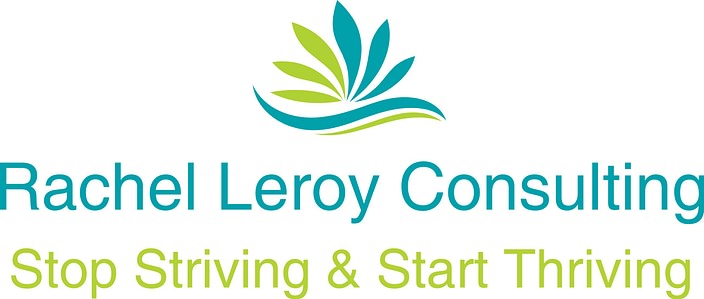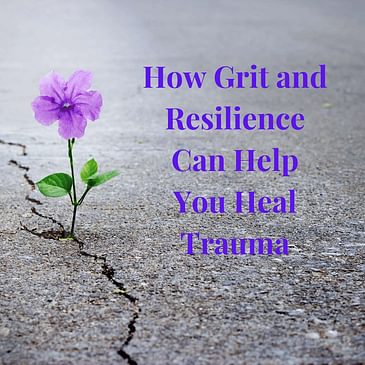Episode Description:
How Grit and Resilience Can Help You Heal Trauma helps you consider a balanced approach to healing trauma that works. Many of us have been shamed for not knowing how to heal, and we've been told that we don't pray enough or have enough faith. We've also been told to bootstrap our healing, and if we can't, it's our fault. This approach is toxic and retraumatizing, and it doesn't work.
Likewise, many of us have been taught helplessness through example or because we've experienced so much abuse, neglect, pain, and disappointment that we no longer believe healing is possible because we feel we've tried everything. We begin to feel beaten down and hopeless. This is learned helplessness, and while it's not our fault, it CAN be overcome with a trauma informed approach. We CAN heal trauma when we balance grit, resilience, and learned optimism as skills that can be cultivated with self-compassion and body based resiliency techniques. With the right tools, healing is possible!
Breakdown of Episode
1:15 Introduction to the Episode and Topic
3:58 Why a Balanced Approach to Healing Trauma is Important
29:43 What's Grit and Resilience Got to Do With It?
35:29 What Is Learned Helplessness?
45:12 The Spoon Theory
49:14 Ways to Build Resilience
Bulleted List of Resources
- Building Your Resilience by the APA references the definition of resilience. This article discusses how resilience is a skill that can be learned to heal trauma.
- What is Learned Helplessness and Why Does it Happen by Kendra Cherry in Very Well Mind gives a definition and explanation of learned helplessness. Learned helplessness is a research based concept that is the opposite of resilience.
- Learned Optimism: How to Change Your Mind and Your Life by Martin Seligman is a book I recommended in the podcast. It gives you a more detailed approach to overcoming learned helplessness and learn resilience.
- The Spoon Theory by Christine Miserandino is a famous article I referenced in the podcast that discusses how many of us do have rea
Christian Emotional Recovery Resources
Podcast Website
Access Episodes, Get Free Resources, and More
https://christianemotionalrecovery.com/
Facebook Group
Join Community, Get Support, and Get Weekly Encouragement
https://www.facebook.com/groups/christianemotionalrecovery
YouTube Channel
Subscribe for Exclusive Material Not on Podcast
https://www.youtube.com/channel/UC4a5jGXZ0-qzPINAspnLwPw
Christian Emotional Recovery Store
Get meditations, infographics, journals, and other resources for your healing journey
https://www.rachelleroy.com/9527496b-b1ed-4744-875f-dd04bfd3ad2a
Trauma Survivors
Check out Resources Page for Trauma Survivors
https://www.rachelleroy.com/bc953a63-...

